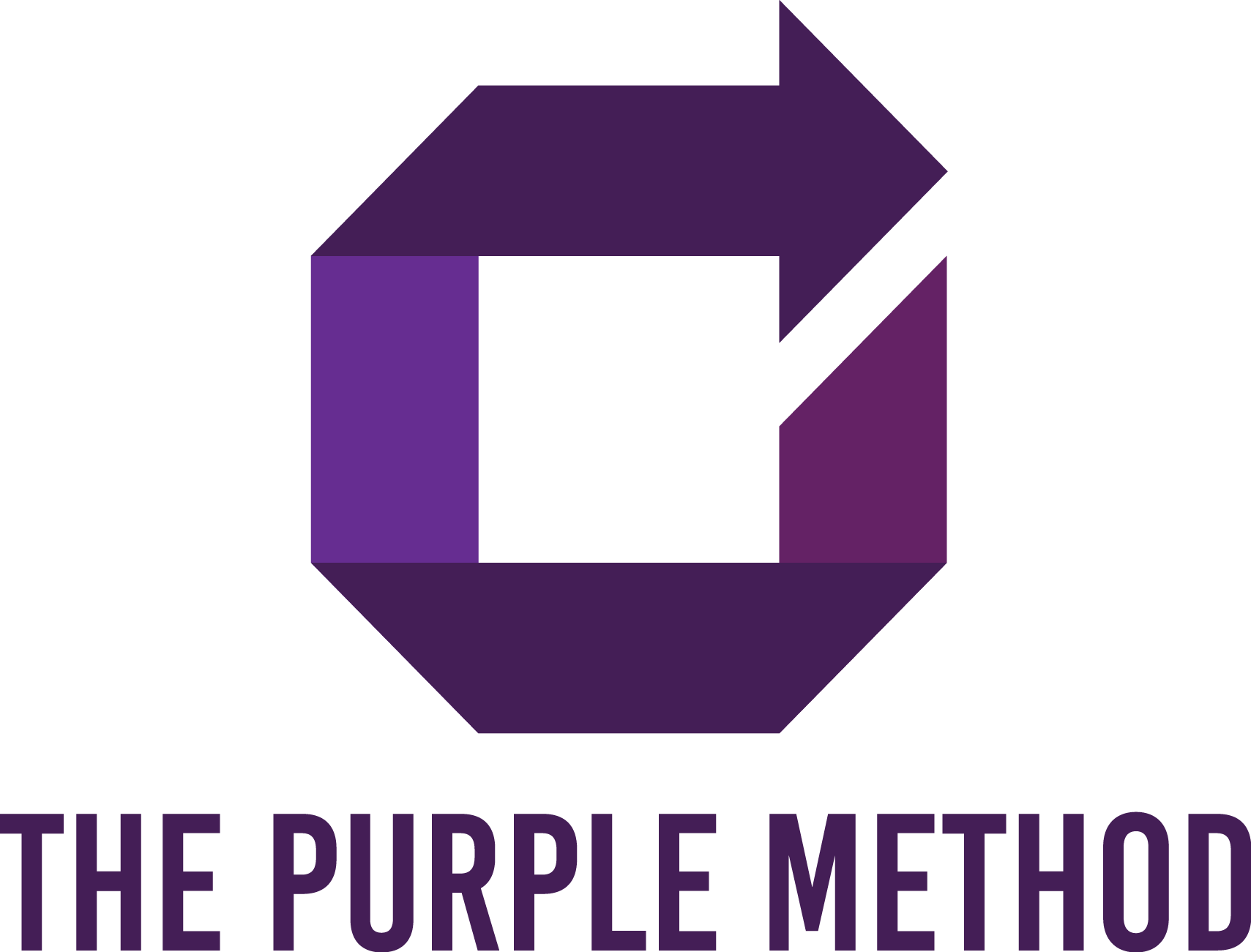From Science Fiction to Reality: The Implications of AI in the Workplace
By Courtney Ryan
Courtney is a student at Syracuse University College of Law and former legal intern with the Purple Method. She is a member of the Women's Law Student Association's Sexual Harassment and Assault Prevention Committee.
At the beginning of July, regulators from New York City’s Department of Consumer and Worker Protection started enforcing a first-of-its-kind law aimed at Artificial Intelligence (AI) bias in the workplace. The law requires more transparency from employers that use AI as a tool in hiring and promotion determinations, and mandates that companies complete annual audits to screen for potential bias inside the machine. In an effort to streamline hiring, recruitment, and promotion processes, many organizations have turned to the use of AI. As of 2022, 79% of employers reported using it in their recruitment and hiring processes.
Current State of AI in the Workplace
From screening candidates to improving onboarding procedures, numerous employers have recognized the benefits of utilizing AI technology in the workplace. Companies like Hilton, Unilever, and Kuehne+Nagel have implemented AI tools as part of their recruitment strategies; utilizing chatbots, implementing automated evaluation systems, and creating applicant tracking software to connect employees with learning and development opportunities, and allow management to find quality talent within their own organization before seeking external candidates. Although AI technology can be cost-effective and promote efficiency, this recent surge in technological innovation also creates new social, policy, and legal issues. In fact, Workday Inc. is currently facing a class action lawsuit for its alleged use of AI that disproportionately disqualified applicants who are Black, disabled, or over the age of 40.
AI Pitfalls
Improper use of AI has potential for discrimination when used for recruitment, hiring, retention, promotion, transfer, performance monitoring, demotion, or dismissal decisions. Common pitfalls include resume scanners that prioritize applicants based on certain criteria or keywords, “virtual assistants” that automatically reject candidates who don’t meet predetermined requirements, video interviewing software that analyzes candidates based on physical expressions, testing software that scores applicants, and employee monitoring software that rates employees. Administrative agencies like the EEOC have shown a willingness to litigate AI-related discrimination issues, so employers must ensure their use of AI does not create an unlawful adverse impact. Employers who implement AI software from third party vendors can still be held liable for discrimination. And even if discrimination is not intended, employers can still be held liable for utilizing software that is neutral on its face, but results in a statistically significant disparate impact felt by protected groups.
Best Practices for Employers When Implementing AI in the Workplace
So what should employers be aware of when implementing AI tools in the workplace? Here are some of the Purple Method’s Best Practices:
Utilize AI in a way that amplifies and promotes DEI initiatives. When properly analyzed through outside expert audits to ensure that no bias is present in the software, AI can be used to promote diversity and inclusion in the workforce by recruiting talent with a variety of experiences and backgrounds. Additionally, AI that has been “trained” using vetted DEI programs can make helpful suggestions and recommendations for organizations to best meet their DEI goals.
Draft comprehensive and transparent AI workplace policies. Be upfront about your use of AI in hiring and promotion decisions, and make these policies known to current and potential employees. Ensure your policies are compliant with any state-specific regulations and are shared widely with employees.
Stay up-to-date regarding new and potential laws in your jurisdiction. In addition to New York City, Illinois passed a law affecting employers who use AI to analyze video interviews, requiring them to provide notice, obtain consent, and be transparent regarding how the software works. Maryland also passed a law prohibiting employers from using facial recognition AI during the pre-employment interview process without obtaining consent first.
Consult with experts. When in doubt, it is best to seek expert guidance to ensure that your organization’s use of AI software is fully in compliance with Title VII and other applicable laws, and to learn about the impact it may have on your workforce.
